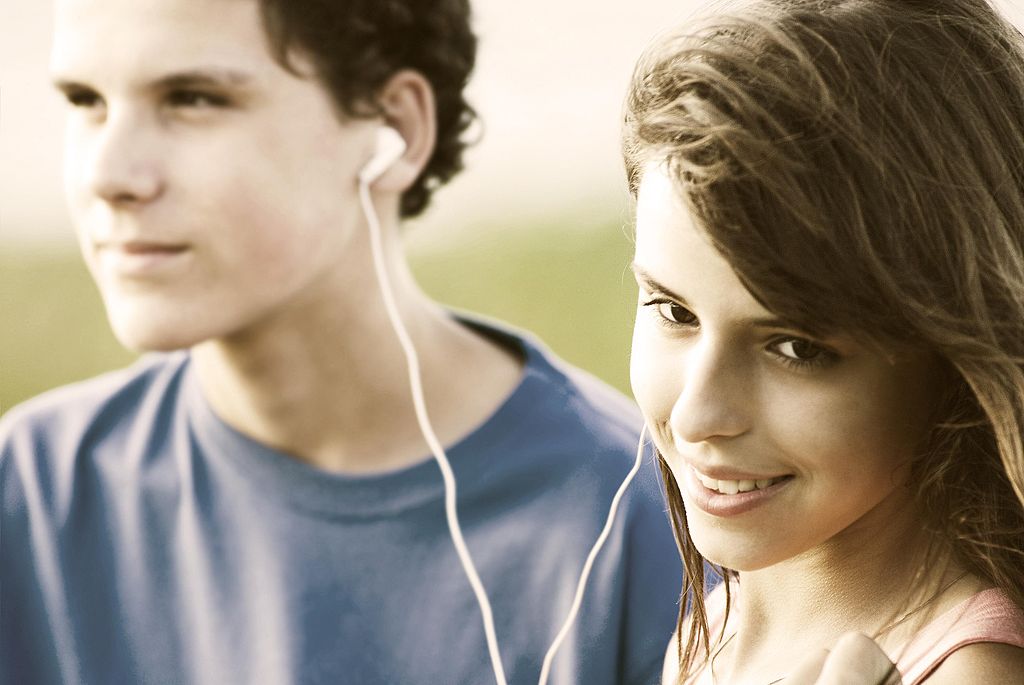
Emma Soneson is first author on a new paper which shows the pandemic has boosted wellbeing among a significant group of young people.
While the pandemic has undoubtedly had negative consequences for many, it is important to keep in mind that this is not the case for all children and young people.
Emma Soneson
The common narrative that the pandemic has had overwhelmingly negative effects on the lives of children and young people might not tell the full story. In fact, it seems as though a sizeable number of children and young people may have experienced what they felt was improved wellbeing during the first national lockdown of 2020.
After hearing from patients in our clinical practice and informally from several parents and young people that they thought the lockdown was beneficial for their or their child’s mental health, we decided to formally investigate this trend using data from the OxWell Student Survey. OxWell is a large, school-based survey of students aged eight to 18 years living in England, and more than 17,000 students took part in the June/July 2020 survey, which was during the tail end of the first national lockdown. These students answered questions about their experiences of the pandemic, school, home life and relationships, among others.
We found that one in three students who completed the survey thought that their mental wellbeing had improved during the first lockdown. In fact, a similar number of students fell into each of the three categories: that their mental well-being had improved, that there had been no change or that they had experienced a deterioration to their wellbeing.
Students who felt they had had better wellbeing during lockdown were also more likely than their peers to report positive lockdown experiences of school, home, relationships and lifestyle. For example, compared with their peers, a greater percentage of students reporting better wellbeing also reported decreases in bullying, improved relationships with friends and family, less loneliness, better management of schoolwork, more sleep and more exercise during lockdown compared with before.
So, while the pandemic has undoubtedly had negative consequences for many, it is important to keep in mind that this is not the case for all children and young people. We are interested in how we can learn from this group and determine if some of the changes can be sustained in order to promote better mental health and wellbeing moving forward.
*Emma Soneson [2018], who is doing a PhD in Psychiatry, is first author of the paper ‘Happier During Lockdown: A descriptive analysis of self-reported wellbeing in 17,000 UK school students during Covid-19 lockdown’, which has just been published in the journal European Child & Adolescent Psychiatry. Picture credit: Flickr: Teens sharing a song. Author: SCA Svenska Cellulosa Aktiebolaget, courtesy of Wikimedia commons.












